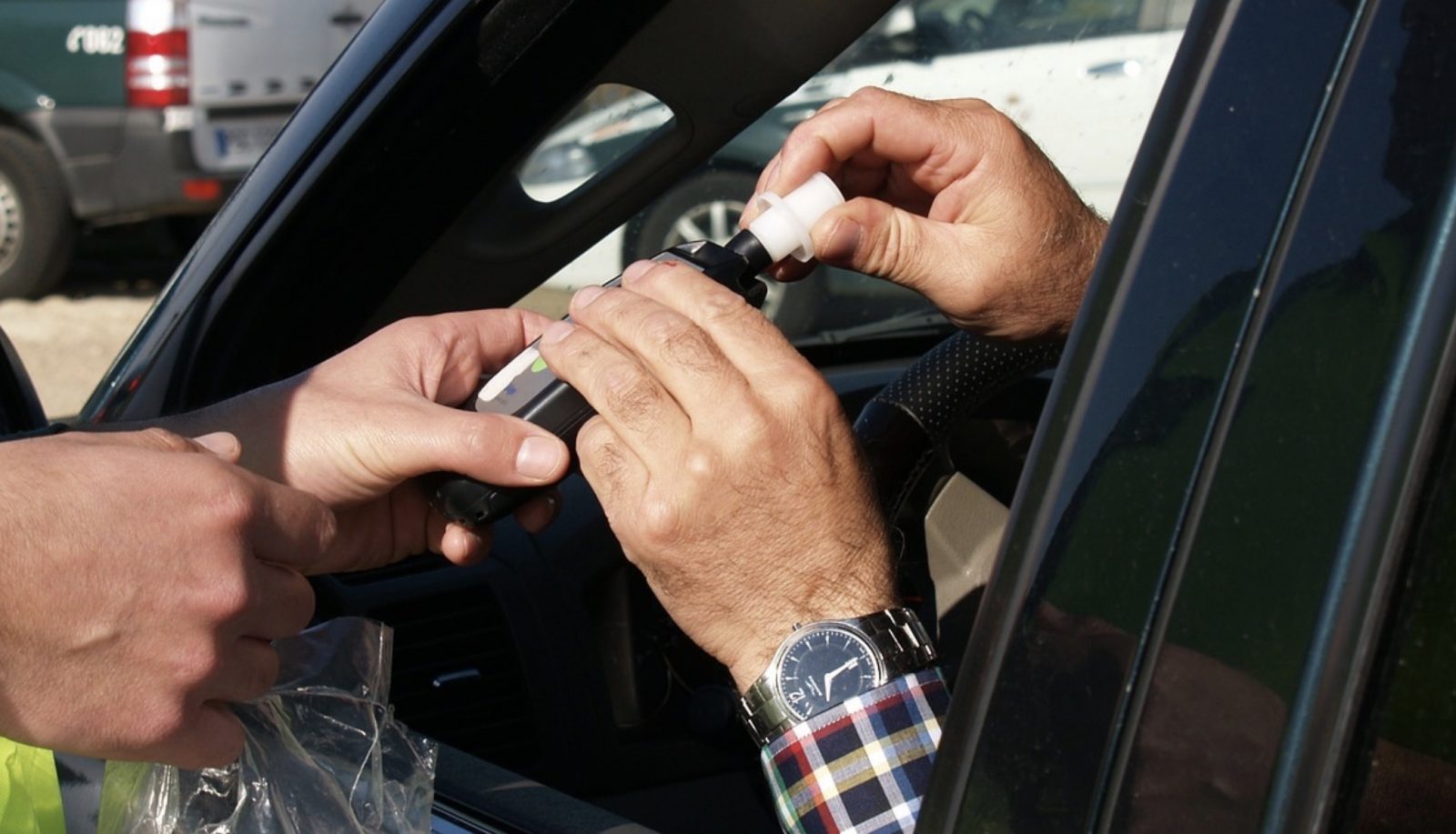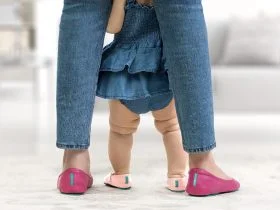It’s no secret that alcohol can affect your ability to drive. But how much alcohol does it take to fail a breathalyzer test in California?
According to the California Highway Patrol, the answer is just a few beers. Moreover, even if you’re below the legal limit for blood alcohol content, you may still fail a breathalyzer test if you’ve had even a small amount of alcohol to drink.
Your BAC depends on your weight, gender, and food intake so that you may fail a breathalyzer even after one beer. Generally speaking, one beer is unlikely to put you over the legal limit of .08%. But if you’re a lightweight or you’re drinking a high-alcohol beer, it’s possible that your blood alcohol level could exceed the legal limit.
If you’re stopped for DUI, the best thing to do is to cooperate with the officer and submit to a breath test. You’ll be arrested and charged with DUI if you’re over the legal limit.
Criminal defense attorney Samantha Greene says, “There have been 111,694 misdemeanor DUI arrests in the recent years along with felony DUI arrests exceeding 4000.” This puts a large number of arrests in perspective due to failing breathalyzer tests.
It’s crucial to remember that driving under the influence is a serious offense. If you’ve been drinking, it’s always best to call a cab or a friend for a ride home.
Reader's Roadmap
What is Your BAC After One Beer?
This is a question that many people ask, especially when they are first starting to drink. While there is no definitive answer, there are some things to consider that can help you estimate your BAC.
First, it is essential to know that the effects of alcohol vary from person to person. This means that your BAC could be different than someone else’s, even if you both had the same number of drinks. Factors that can affect your BAC include your weight, how much food you have eaten, and your tolerance to alcohol.
Assuming that your weight is 160 lbs and you have not eaten anything recently, your BAC will likely be around 0.023% after one beer. This is within the legal limit for driving in most states, so it is essential to know your limit. Note that 0.08% is the legal limit for driving in most states.
Of course, using a breathalyzer is the best way to know your BAC. However, these devices may only sometimes be accurate. If you are unsure about your BAC, it is best to err on caution and not drink. And, if you’re going to be driving, be sure to keep your BAC below 0.08%.
How Much Can You Drink To Pass a Breathalyzer?
The legal limit for blood alcohol content (BAC) in the United States is 0.08%. If you’re caught driving with a BAC of 0.08% or higher, you can be charged with a DUI.
But just because the legal limit is 0.08% doesn’t mean that’s the level at which you’re impaired. Depending on various factors – including your weight, gender, metabolism, and how much food you’ve eaten—you may start to feel the effects of alcohol before your BAC hits 0.08%.
So, if you’re wondering how much you can drink before you need to worry about a breathalyzer, there’s no simple answer.
If you do drink, it’s essential to know your limit. For most people, this is somewhere around 2-3 drinks over the course of an hour. But everyone is different, so it’s essential to know your body and how it responds to alcohol.
What happens if you fail a breathalyzer?
If you fail a breathalyzer, you will likely be arrested for DUI. This is because the breathalyzer is designed to measure your blood alcohol content (BAC); if your BAC is over the legal limit, you are considered impaired.
If you’re arrested for DUI, you will likely have your driver’s license suspended and must attend a mandatory alcohol education program. In addition, if you are convicted of a DUI, you will also have a criminal record. You may also be fined and/or sentenced to jail time. In some states, you may be required to install an ignition interlock device in your vehicle.
You’ll fail the breathalyzer if your BAC is 0.08% or higher if you’re 21 or older. For those below 21, your BAC must not be more than 0.01%.
How Long Should You Wait After Drinking to Take a Breathalyzer?
A sensitive breathalyzer may detect alcohol even after 13-24 hours of alcohol consumption. As you know, everyone metabolizes alcohol differently; it’s better to wait instead of driving.
Consequences of refusing a breathalyzer
If you refuse a breathalyzer test, you may face serious consequences. If you are arrested for DUI, you will be required to submit to a chemical test to determine your blood alcohol content.
If you refuse this test, your license may be suspended for up to a year. You may also be fined and required to attend DUI classes. If you are convicted of DUI, you may face jail time, a loss of your license, and/or heavy fines.
California has implied consent laws for determining if someone is driving under the influence. Refusing a breathalyzer test can also be used as evidence against you in court. Your license may be suspended for two to three years if you decline the test after getting a separate DUI violation. So, if you are arrested for DUI, it is in your best interest to submit to a breathalyzer test.
How Can An Attorney Help If You Fail a Breathalyzer?
No one ever expects to be pulled over and asked to take a breathalyzer test, but it happens. If you fail the test, you may wonder what will happen next and whether you need to hire an attorney.
The consequences of failing a breathalyzer test depend on a few factors, including your blood alcohol content (BAC) and whether you have any prior DUI convictions. If your BAC is high or you have a previous DUI conviction, you may face more severe penalties, including jail time.
An attorney from Sevens Legal can help you understand the charges you are facing and what your options are. The firm can also help you navigate the court system and ensure that your rights are protected. If you are facing severe penalties, our attorneys at Sevens Legal can help you try to negotiate a plea deal with the prosecutor.







Leave a Reply
View Comments